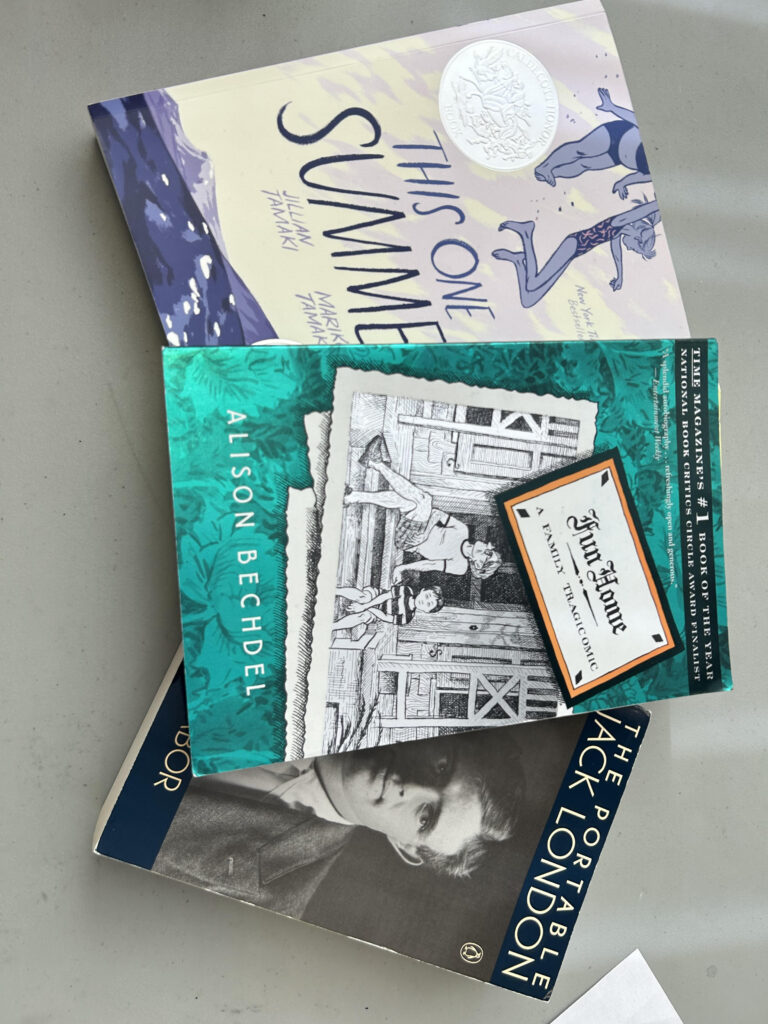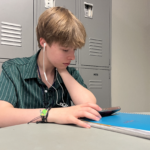One year ago, 36 books were temporarily removed from circulation in Oregon’s Canby School District after their content was challenged by parents.
However, two of the three board members who voted to remove books from school libraries lost their races to more liberal opponents, and a progressive candidate won the race for an open seat. Only one book was permanently removed — Lolita by Vladimir Nabokov — and four more were made exclusively available for high school students.
But the outcomes of similar cases have not been so promising in other parts of the country. The U.S. has seen a gross increase in book burnings in recent years, with a record number of books successfully removed from schools and public libraries in 2023.
According to PEN America, “In the 2022–23 school year, [there was a] recorded 3,362 instances of books banned, an increase of 33 percent from the 2021–22 school year.”
Unsurprisingly, generally conservative states such as Texas and Florida have seen some of the most restrictive changes. Between the two states, over a thousand titles have been removed from schools.
The lists includes celebrated classics such as The Handmaid’s Tale by Margaret Atwood, To Kill a Mockingbird by Harper Lee and The Bluest Eye by Toni Morrison, as well as acclaimed contemporary works including The Hate U Give by Angie Thomas, Gender Queer: A Memoir by Maia Kobabe and The Kite Runner by Khaled Hosseini.
Children’s and young adult (YA) literature has been the primary target of book bans. 50% of all book bans are challenged by parents, and 38% take place in schools. What media children can and should be allowed to consume remains highly contended by parents and politicians alike.
This recent trend supports the statement by Representative Rashida Tlaib’s (D-MI) that “Conservatives have weaponized hate and fear to try to tear our schools apart, with students who just want to learn and thrive turned into pawns in their political games.”
Between 15% and 20% of all banned books are challenged due to content deemed to be too “sexually explicit,” and the majority of these are categorized as YA. Often, the titles are challenged because they also contain difficult matter involving racism, misogyny and sexual assault, or reference characters who identify as LGBTQ+.
While it can be argued that very young children should be not consuming content that is especially violent, sexually explicit or containing extremely painful themes, it is important that we do not shield students – especially those in middle and high school – from topics that may be considered difficult.
Preventing children from reading about certain experiences or perspectives does not prepare them for the realities of a diverse society, while simultaneously denying others that same comfort.
“When childhood is racialized, cisgendered and de-queered, insisting on age-appropriate material becomes a way to instill doctrine and foreclose options for some readers, and to evict other readers from childhood entirely,” wrote Katy Waldman of the New York Times.
According to the Washington Post, 41% of banned books feature LGBTQ+ characters or storylines, while another 10% are by and about people of color, or discuss race and racism.
A central purpose of public education is to teach individuals how to function in modern society. Doing so requires the exposure to concepts, perspectives, lifestyles, ideas and histories that some may consider foreign or uncomfortable.
“Censoring books that deal with difficult, adolescent issues does not protect anybody,” said Laurie Halse Anderson, author of Speak, a YA novel banned from numerous schools for its discussions of rape. “Quite the opposite. It leaves kids in the darkness and makes them vulnerable. Censorship is the child of fear and the father of ignorance. Our children cannot afford to have the truth of the world withheld from them.”
It is parents’ responsibility to prepare their child for the real world. This includes teaching them and equipping them with the knowledge or resources to deal with difficult situations. Sheltering children from difficult topics can place them at a disadvantage when they are finally forced to face them, or interact with those who have.
Individual parents can certainly forbid their children from watching explicit movies, or playing violent video games or even reading certain books. However, there must be a distinction between preventing one’s own children from accessing specific content and denying all children access to it. The problem arises when personal opinion is conflated with legal action.
However, while book banning is less-frequently seen as a tool of the left, there have been well intentioned yet misguided efforts to revise content that is now recognized as offensive.
This was evident when, in early 2023, hundreds of words were altered in the new British editions of many of Roald Dahl’s children’s books, including James and the Giant Peach, Charlie and the Chocolate Factory, The Twits and The BFG. For example, “Man eating giant” was changed to “human eating giant” and the words “ugly” and “fat” were removed across Dahl’s works.
Dahl was openly antisemitic, and his work also includes racist and sexist content. It is factually necessary to recognize and address this. However, doing so requires that we not erase it, never mind that it would be impractical and ineffective. Eliminating offensive aspects of the literature removes the opportunity for discussion and gives the false impression that there was never any issue to begin with.
Removing objectionable titles from classrooms and libraries further silences historically oppressed or marginalized voices, and fails to prepare children to respectfully participate in a diverse society.
The best course of action to address this issue is to elect free speech advocates to public school boards, to support authors whose books are being challenged, and to publicly voice objections when students’ First Amendment rights are under threat.
The American Library Association points out, “Challenges do not simply involve a person expressing a point of view; rather, they are an attempt to remove material from the curriculum or library, thereby restricting the access of others. As such, they are a threat to freedom of speech and choice.”





Leave a Reply